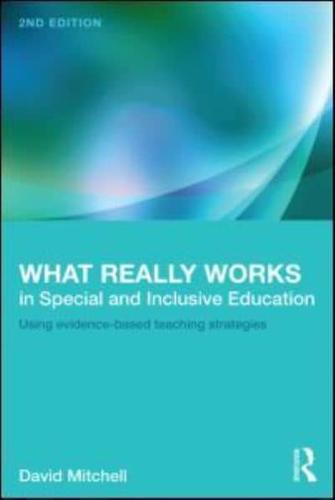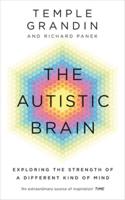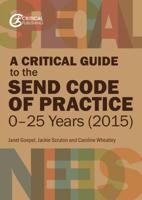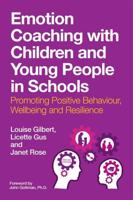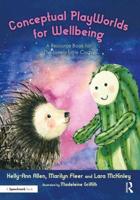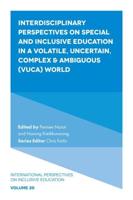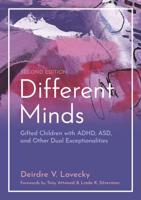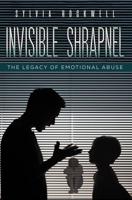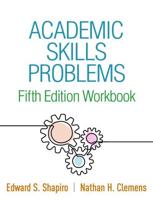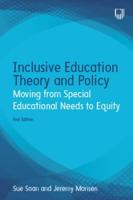Publisher's Synopsis
As teachers around the world deal with the challenges of inclusive education, they must find effective ways of enhancing their classroom teaching methods. What Really Works in Special and Inclusive Education presents teachers with a range of evidence-based strategies they can immediately put into practice in their classrooms.
This unique book will be an invaluable resource for educators who may not have the time or the inclination to engage with theory-heavy research, but who wish to ensure that their teaching strategies are up-to-the-minute and proven to be the most effective best practices. Each of the 27 strategies that this book comprises has a substantial research base, a strong theoretical rationale and clear guidelines on their implementation, as well as cautionary advice where necessary.
In this new second edition, David Mitchell, a leading writer in special and inclusive education, continues to break new ground with revised and updated strategies based on evidence from the most recent studies in the field. From the myriad of related research available, only those studies with genuine potential for improving the practices of teachers and schools have been included, with the aim of facilitating high-quality learning and social outcomes for all learners in schools.
Updates to this new edition include:
- four new chapters, on response to intervention, universal design for learning, inter-agency cooperation and one on the Finnish education system
- over 350 new references
- an even wider international focus, including evidence drawn from Asia
- references to recent developments in neuroscience
- a new companion website, with extra case studies, links to further reading, journal articles and videos, and an interactive quiz, at www.routledge.com/cw/mitchell
This book will be essential reading for anyone with a vocational or academic interest in evidence-based special educational needs teaching strategies, whether a student in initial teacher education or a qualified classroom teacher, teacher educator, educational psychologist, special needs coordinator, parent, consultant or researcher.
David Mitchell is an Adjunct Professor in the College of Education, University of Canterbury, Christchurch, New Zealand, and a consultant in inclusive education.
'This is the book I wish I had written, synthesizing an enormous literature focused on special needs students. It is robust, it is readable, and it is your right-hand resource. A stunner of a book.'
-Professor John Hattie, University of Melbourne, author of Visible Learning


